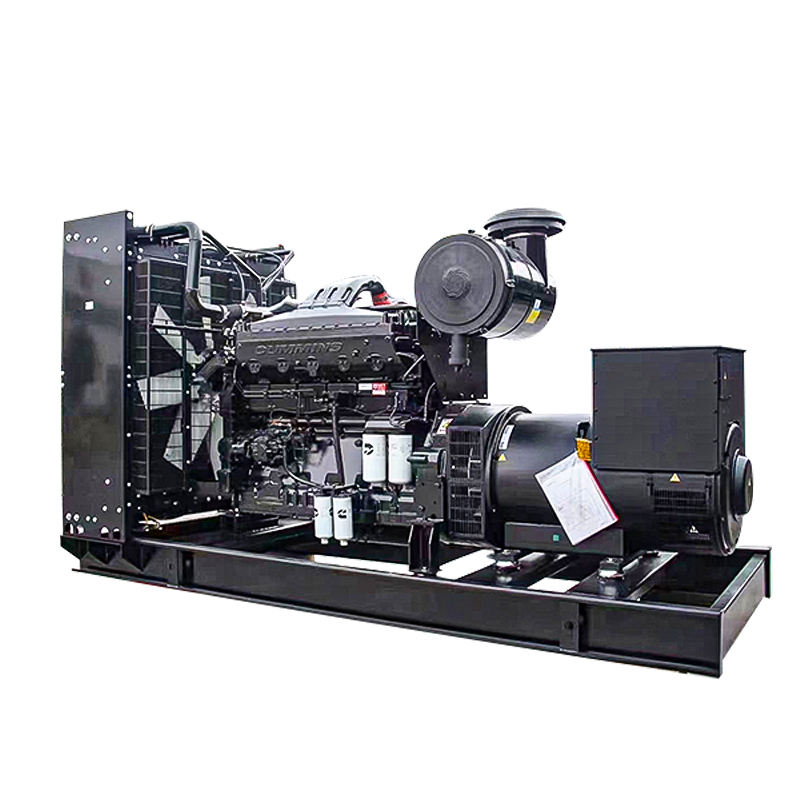Why did cars switch from generators to alternators?
Views :
Update time : 2025-03-04

The transition from generators to alternators in automobiles marks a significant turning point in automotive electrical systems. But why did cars switch from generators to alternators? The answer lies in the inherent advantages alternators offer over their older counterparts, leading to a dramatic improvement in performance, reliability, and adaptability to the increasing electrical demands of modern vehicles.
The fundamental difference between these two devices lies in how they generate electricity. Generators produce direct current (DC) power, while alternators produce alternating current (AC) power, which is then rectified to DC to charge the battery and power the car's electrical systems. This seemingly small difference has profound implications for the vehicle's overall efficiency.
Generators, while reliable in their simplicity, struggled to keep up with the growing electrical demands of vehicles. They are less efficient at low engine speeds, often failing to adequately charge the battery during idling or city driving. This limitation became increasingly problematic as cars began incorporating more electrically powered components.
Alternators, on the other hand, shine at lower RPMs. This crucial advantage means that even in stop-and-go traffic, the alternator efficiently charges the battery and powers essential systems, ensuring reliable performance under various driving conditions. This efficiency translates directly into better fuel economy and reduced engine strain.
Furthermore, alternators are significantly lighter and more compact than generators of comparable output. This reduction in size and weight contributes to overall vehicle efficiency and allows for more flexible placement within the increasingly crowded engine compartment. So, besides the enhanced performance, there are practical design benefits as well.
Another key factor driving the switch was the rising complexity of car electrical systems. As cars incorporated more power-hungry features like air conditioning, power steering, and sophisticated entertainment systems, the limitations of DC generators became even more apparent. Alternators, with their ability to produce higher amperage output, proved far more capable of meeting these escalating demands.
Consider this: would you rather have a power source that struggles at low speeds and requires substantial engine power to operate, or one that performs efficiently across a wider RPM range and places less strain on the engine? The answer is clear, contributing significantly to the widespread adoption of alternators.
The switch from generators to alternators wasn't an overnight phenomenon. It was a gradual transition driven by the need for a more robust and efficient electrical system capable of handling the growing demands of modern vehicles. This evolution reflects the automotive industry's constant pursuit of improved performance, reliability, and adaptability. Are there any other automotive advancements you'd like to explore?
The advantages of alternators – including improved efficiency at low speeds, higher output, lighter weight, and compact size – made them the clear winner in the long run. They provide a reliable and efficient power source capable of meeting the demands of modern vehicles, paving the way for the increasingly sophisticated electrical systems we rely on today.
So, the next time you start your car, remember the quiet hum of the alternator, a testament to the continuous evolution of automotive technology. For further exploration, consider researching the intricacies of car alternator vs. generator output and the impact of different types of automotive electrical systems on vehicle performance.
Related News

2025 Power Grid Alert: How Facility Engi
Dec .11.2025
Discover actionable strategies for facility engine...

Top Diesel Genset Manufacturers in China
Dec .09.2025
Discover the top diesel genset manufacturers in Ch...

Genset 101: The Ultimate Guide to Unders
Dec .09.2025
Genset 101: The Ultimate Guide to Understanding, C...

Beyond the Box: How to Find a Reliable G
Dec .03.2025
Searching for a reliable generator set manufacture...

